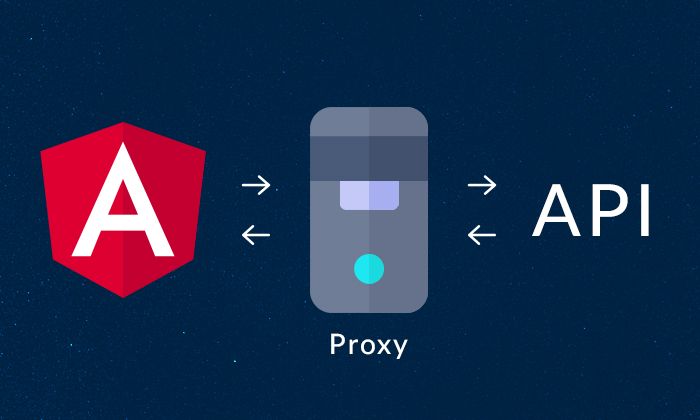
API proxies isolate the app-facing API from your backside services, protecting those apps from changes to the extremity code. Apps continue to call the same api proxies even as you make hind modifications to your services.
What exactly is an API proxy?
A thin application program interface (API) server that offers an interface for an existing service refers to an API proxy. A “proxy” is that function as an agent or middleman for another. Representatives are frequently used in software design to isolate two software components so that they can grow separately. The api proxies are used in contemporary computing, particularly with hybrid clouds, to separate front-end and back-end service components, with the former getting placed in the cloud and the latter in the data centre.
Do I Make Use of an API Proxy?
A lightweight API gateway is what an API proxy is. It has some basic security and monitoring features. So, if you already have an API and your requirements get straightforward, an API proxy will suffice.
However, an API proxy can only do so much.

How does it function?
An API proxy works by separating two software components so that they can grow separately. Proxies, for example, are used in hybrid clouds to segregate front-end and back-end service components. The front end is in the cloud, while the extremity is in the data centre.
The proxy exposes a URL via which the front end will access the API. When a request comes via the proxy, it sends to the defined API endpoint. The response is sent to the deputy, who then sends it back to the caller.
Cyclr’s API, for example, may be extended to function as a proxy for interacting with data in external SaaS services. Cyclr may be controlled directly via a few API calls, allowing you to do complex data processing before the data reaches your application.
They function similarly to an API gateway. It is because it can manage data conversions, security, and routing but not as much customization as an API gateway.
What exactly are policies?
A “policy” in an API proxy is a tiny bundled component that provides unique features or capabilities more commonly (and historically) associated with API gateways – without coding. These rules are tied to API proxies and thoughts to give “API management” functionality, though, in principle, practically any API-related feature might get implemented as a policy. Because there are no API policy standards, users of API proxies should evaluate the policy capabilities of any API proxy software before making a final selection. It is especially true if one of the project’s aims is to reduce bespoke coding.




